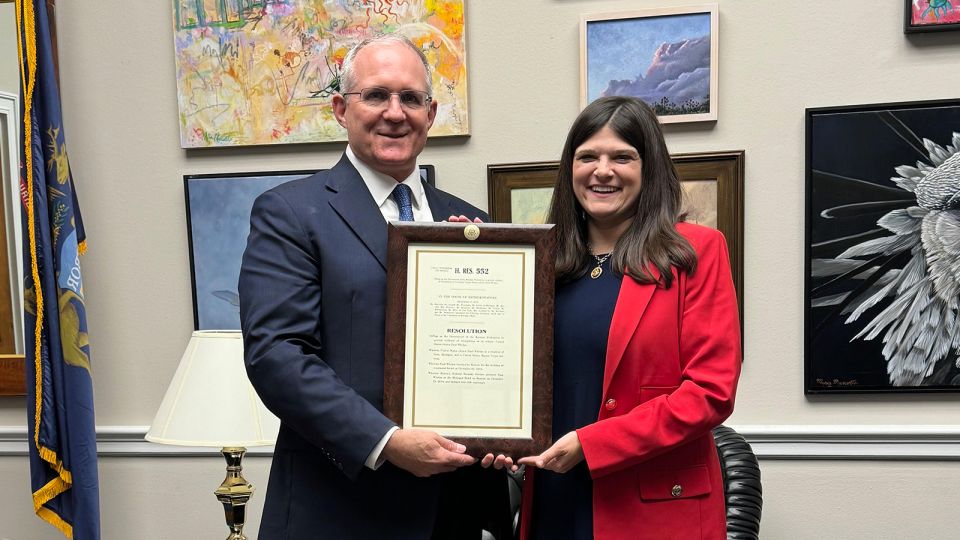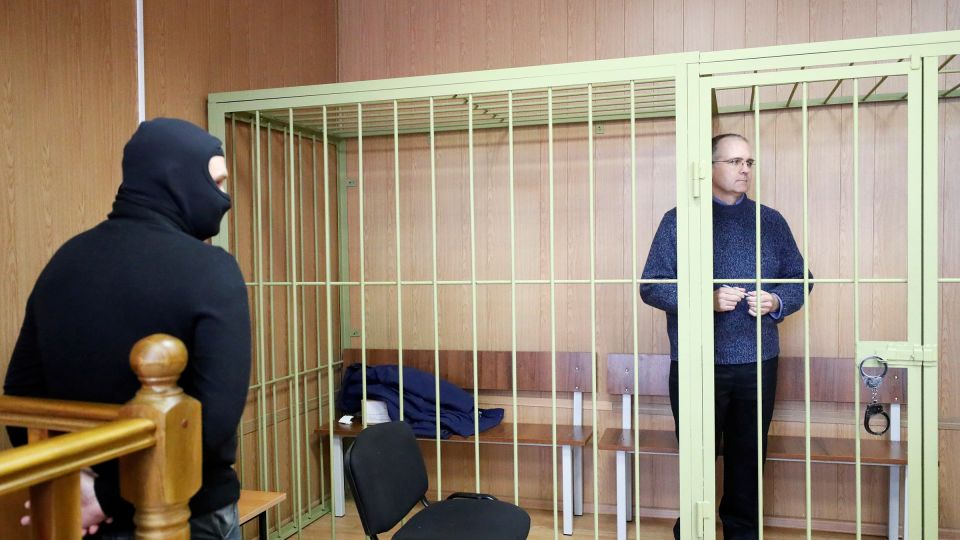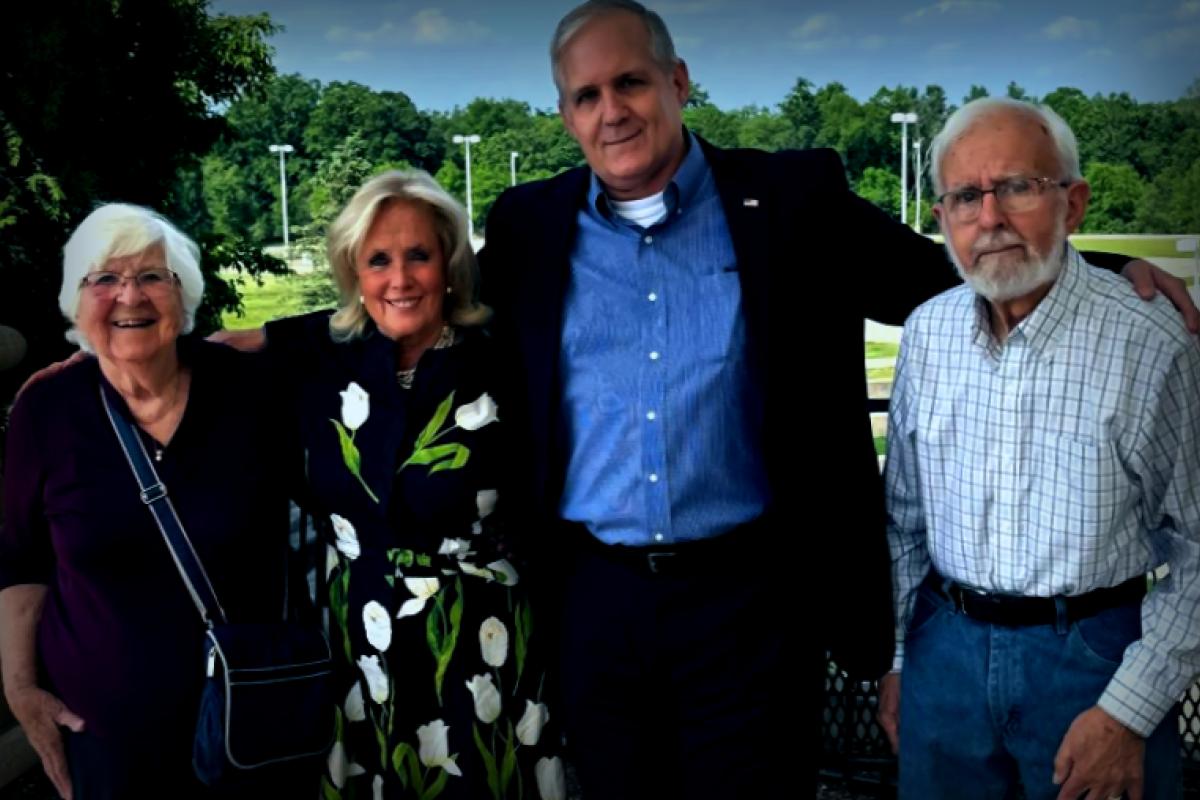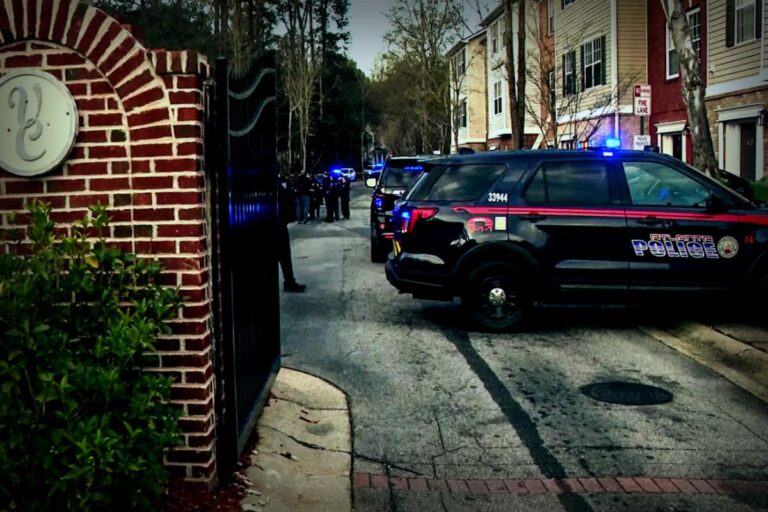For Paul Whelan, moving back to the United States after spending over five years locked up in Russia has been quite the experience—stimulating, yet filled with hurdles.
“You’re literally starting from scratch,” he shared with CNN as he marked the upcoming first anniversary of the US-Russia prisoner exchange that allowed him to finally return home.
Whelan expressed, “People like me, after spending so long away, find that we don’t have much left. My home and cars are gone. Job opportunities? Well, they’re scarce too—on top of that, I don’t even have health insurance.”
Whelan endured a traumatic experience in hotel rooms that brings back memories from the moment he was “violently arrested” in 2018 during a trip to Moscow for a friend’s wedding. That incident, tied to accusations of espionage, ignited his distressing journey within the Russian prison system.
Adapting to life back in Michigan has taken time, he noted, even developing new seasonal allergies after such a lengthy absence.
“I had to ease into it,” Whelan recollected, “As I reclaimed the memories of driving through familiar streets or visiting parks—things I used to do, especially with my late dog. Getting back to those routine activities required a few months of adaptation.”
Finding new employment has proven challenging for Whelan. He pointed out that some companies shy away from hiring anyone with a prison background, including those with wrongful convictions, leaving him in a tough spot compared to other candidates.
“The wrongful detention aspect is widely understood,” Whelan explained. “However, it typically doesn’t fit into standard company guidelines.”
As part of his adjustment, Whelan has been collaborating with Democratic Representatives from Michigan, Debbie Dingell and Haley Stevens, to get a law passed. The legislation aims to fund various neglected areas within the Levinson Act—such as health, dental, and psychological support for wrongfully detained individuals.

The Levinson Act established crucial elements of U.S. hostage policy, including advocating for a Special Envoy for Hostage Affairs and clarifying what constitutes wrongful detention. Recent updates to the act aim to offer extra assistance to the families of American hostages and individuals wrongfully imprisoned.
Michaela Johnson, Dingell’s deputy chief of staff, emphasized the congresswoman’s commitment to addressing the ongoing issues faced by political prisoners upon their return. The focus is on ensuring they receive appropriate medical assistance and mental health support to assist in their recovery after traumatic experiences.
Whelan also expressed a desire to discuss these issues with President Donald Trump and Secretary of State Marco Rubio.
Staying Connected with Fellow Inmates
Maintaining contact with his fellow inmates who were with him in the Russian penal system has remained important to Whelan.
The prison IK-17, where they were detained, is now closed and will be utilized for capturing Ukrainian prisoners, according to Whelan. Many of his friends have been dispersed, but they indicate that living conditions remain harsh.
“The food isn’t even as good as it used to be. The entire system? It faces significant economic struggles right now. The prison guards aren’t satisfied, and there simply aren’t enough of them,” he and other detainees recount.
It’s alarming to hear rejected prisoners’ plight as they are offered a grim choice: fight in Ukraine if they wish for their freedom.

Paul has also kept in touch with other former prisoners wrongfully detained, including Evan Gershkovich, who was liberated alongside him last year. He’s now connected with Dr. Alsu Kurmasheva and Putin critic Vladimir Kara-Murza, both of whom were part of their mutually understood release.
There exists a kindred bond among these past detainees; Whelan likens it to being part of “the Island of Misfit Toys” from the beloved holiday classic, “Rudolph the Red-Nosed Reindeer.”p>
“We’re a distinct group of folks from various walks of life brought together through shared, traumatic experiences, so we now have common ground,” he remarked.p>
As the anniversary of his freedom approaches, Whelan plans to celebrate with a special bottle of scotch and a stash of cigars he has set aside.
For more updates and articles, create an account at CNN.com




















